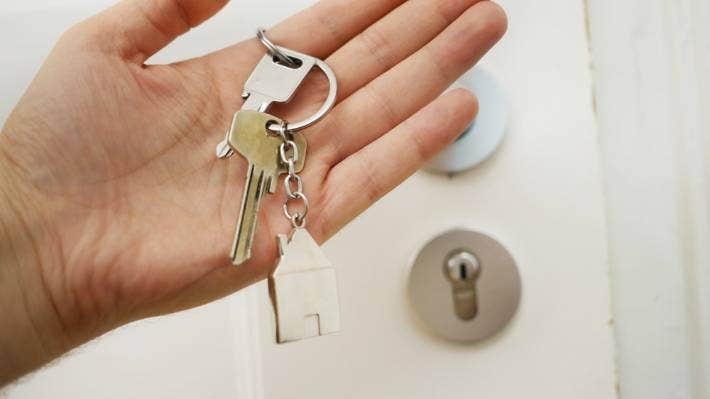You do need to think about the risk that you are taking with your investment though.
In March 2020 when there was a market response to the uncertainty about the impact of Covid-19 some people who were intending to withdrawal funds for their first home deposit found themselves short when the market value dropped, and they had to find additional money to make up the deposit.
So, get advice about what your appetite for volatility is, often a higher return fund means great volatility, so it can mean a greater drop in value over the shorter term. If you are looking to withdrawal funds soon it may make sense to move to a fund with lower volatility to be sure that the amount you get from your KiwiSaver is what you need for the deposit.
In addition to KiwiSaver, if your household’s total income is less than $150,000 you may be eligible for a First Home Grant of up to $5000 per borrower, depending on the cost of the property.
In Auckland, if you’ll qualify if the house you’re buying costs less than $625,000, or $700,000 for a new-build. In Wellington, those caps are $650,000 and $550,000, and in Christchurch they’re $550,000 and $500,000.
Then there’s always the proverbial Bank of Mum and Dad. That’s where your parents either lend you the money for a deposit, gift you the money, or take a percentage of the value of the property (prorated on contributions). Or you could leverage against the property of mum and dad if they have capital in their own property that’s free to use.
The easiest and cheapest way to buy is using your parents to guarantee that part of your 20 per cent deposit you don’t have.
Their guaranteed portion can be secured over their property or secured over a term deposit, so you’re not asking them to fork out any actual cash. It’s more like putting a ‘hold’ on their existing equity until you’ve paid that portion back.
In the event they use a term deposit as security, that term deposit stays in their name, and they continue to earn interest on it. Guaranteed home loans are treated the same as loans under 80 per cent of the total value of the house, so you get great interest rates, there are no fees, and you can even get a cash contribution from the bank. Using this option on an average loan of $400,000 you’ll save around $10,000. Using a guarantor in this way makes strong financial sense, even if you can go it alone.
All this, of course, is only possible if your parents are in a stable financial situation and are still working.
Then there’s the Friends Approach, where you and your mates chip in and contribute to a mortgage instead of paying rent (smart, right?).
Later, you can sell the property and hopefully everyone walks away with a capital gain to put down a deposit on their own place.
There’s always a risk of complications in your friendship causing a bust-up, or someone getting transferred or simply wanting out, but as long as you have an agreement in writing you shouldn’t have any significant problems.
It’s best to talk to a lawyer or a financial adviser before using the Friends Approach so everyone knows what’s going on and is covered in the event of one of these scenarios being realised.
Another, longer-term, option is to buy a house as an investment and rent it out while you rent somewhere else till it increases sufficiently in value when you can sell it for capital gain to reduce the debt on your next property.
This is slightly more complex with recent changes to government policy settings, so make sure you do your homework in terms of interest being tax-deductible and returns to cover the mortgage payments.
There’s no such thing as a get-rich-quick scheme to give you the deposit to buy your first home. Don’t think cryptocurrencies or share trading type platforms are the answer.
A friend’s tip, overhearing a barbie conversation, or reading something in the paper doesn’t usually give you an edge, so don’t think you’re investing your money in a quick sure-fire return – there’s no such thing.
I know many people feel their first home is unobtainable and the goal posts keep moving, but keep the faith and look at all your options to get into the property market. It may not be immediate, or your first home may not be the one you live in, or necessarily want to live in, but it may allow you to get on the property ladder, and that’s a start.
In the words of my financial adviser, there are many ways to get into your first home, the proverbial mum and dad is just the easy one!





